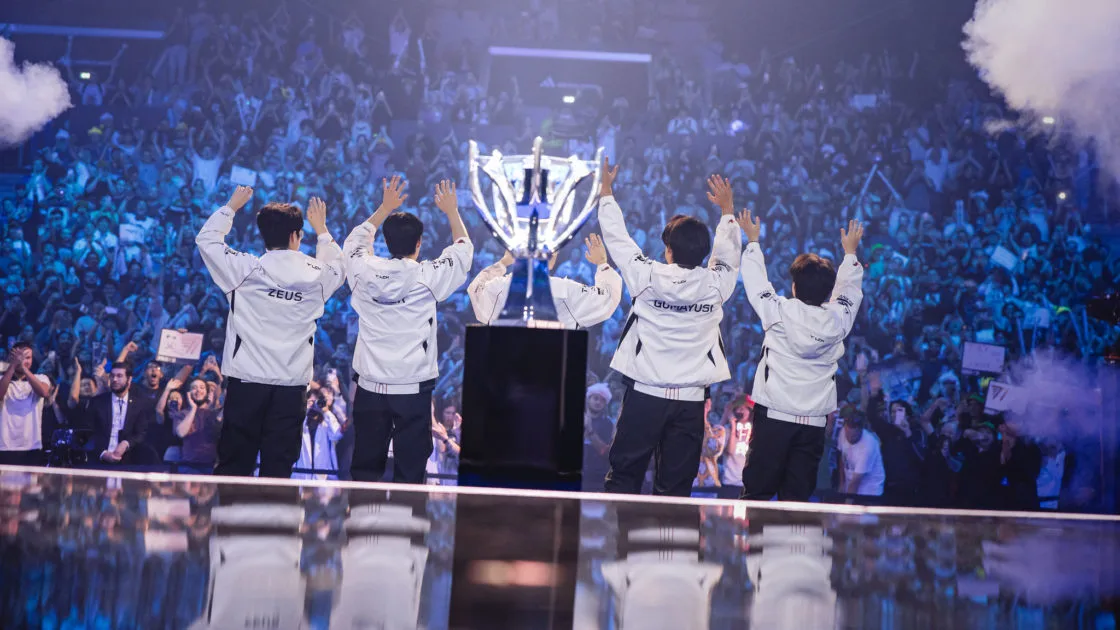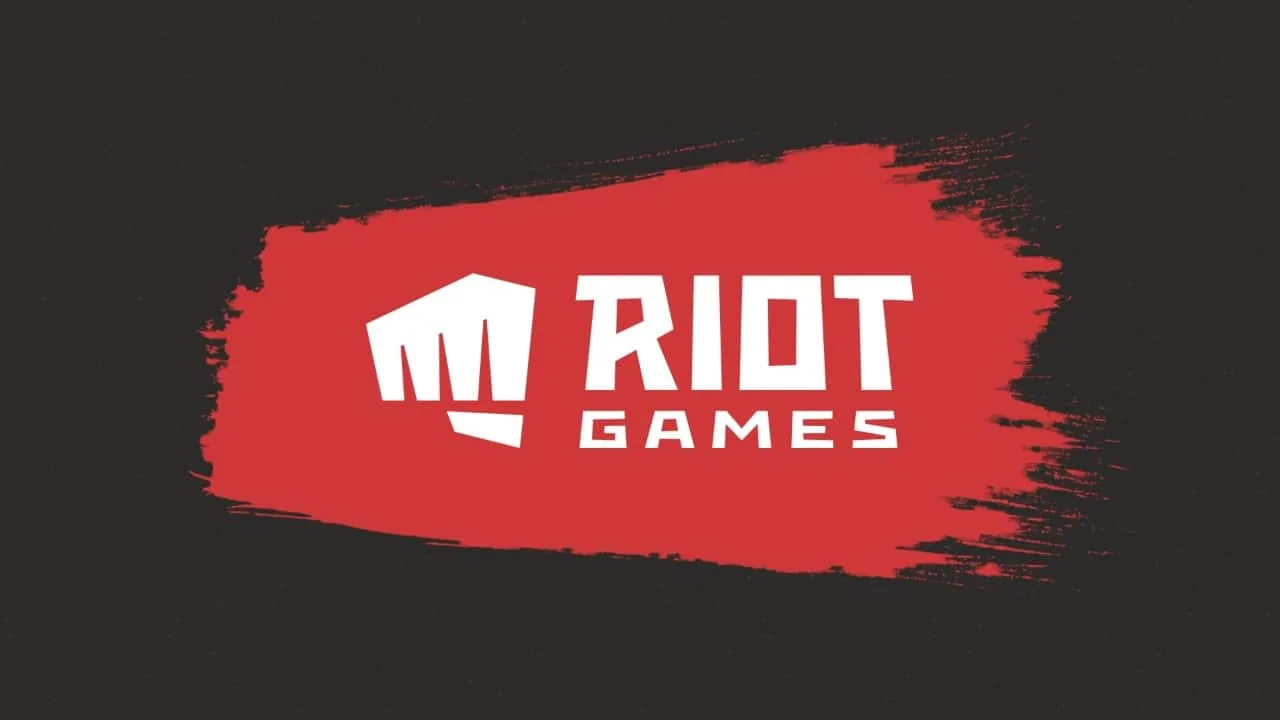Riot Games has announced a historical measure for the eSports scenario: the release of betting sponsorships in professional League of Legends and Valorant competitions. The decision, communicated by John Needham, president of eSports of the company, marks a radical change in the developer's policy and raises questions about the competitive, ethical and financial future of eSports.
According to Needham, the measure aims to ensure the sustainability of the competitive ecosystem, meeting an old demand for professional organizations. The release occurs initially in the regions of the Americas and EMEA, with no prediction of expansion to other territories.

Riot takes control of an existing practice
Needham justified the decision by stating that sports bets already occur, often clandestine and without regulation. For example, Sportradar has registered more than $ 10.7 billion moved in bets related to League of Legends, most of them on unlicensed platforms.
With this, Riot chose to officially integrate this market with its ecosystem, proposing clear rules and monitored partnerships. The intention is to reduce the performance of illegal houses and at the same time generate revenue to support teams and championships.
Protection measures and focus on competitive integrity
To mitigate risks, Riot will implement three pillars of protection:
- Evaluation and rigorous approval of betting sponsors.
- Education on gambling for teams and communities.
- Strengthening integrity guidelines in the tournaments.
The company states that no official transmission will display advertisements for bookmakers. However, co-streams made by influencers, who represent a significant portion of the audience, may include these ads as they are not controlled by Riot.

Financial crisis requires new sources of revenue
The decision occurs in a moment of financial instability for eSports. After years of pandemic -driven investments and high -return promises, many organizations have difficulty maintaining their operations. However, the scarcity of recurring revenues, coupled with the departure of sponsors and investors, exposed the fragility of the current business model.
The teams pressured Riot to release new forms of monetization. The bet was one of the alternatives found. However, experts warn that this choice, although financially attractive, may compromise essential values of the competitive scene.
